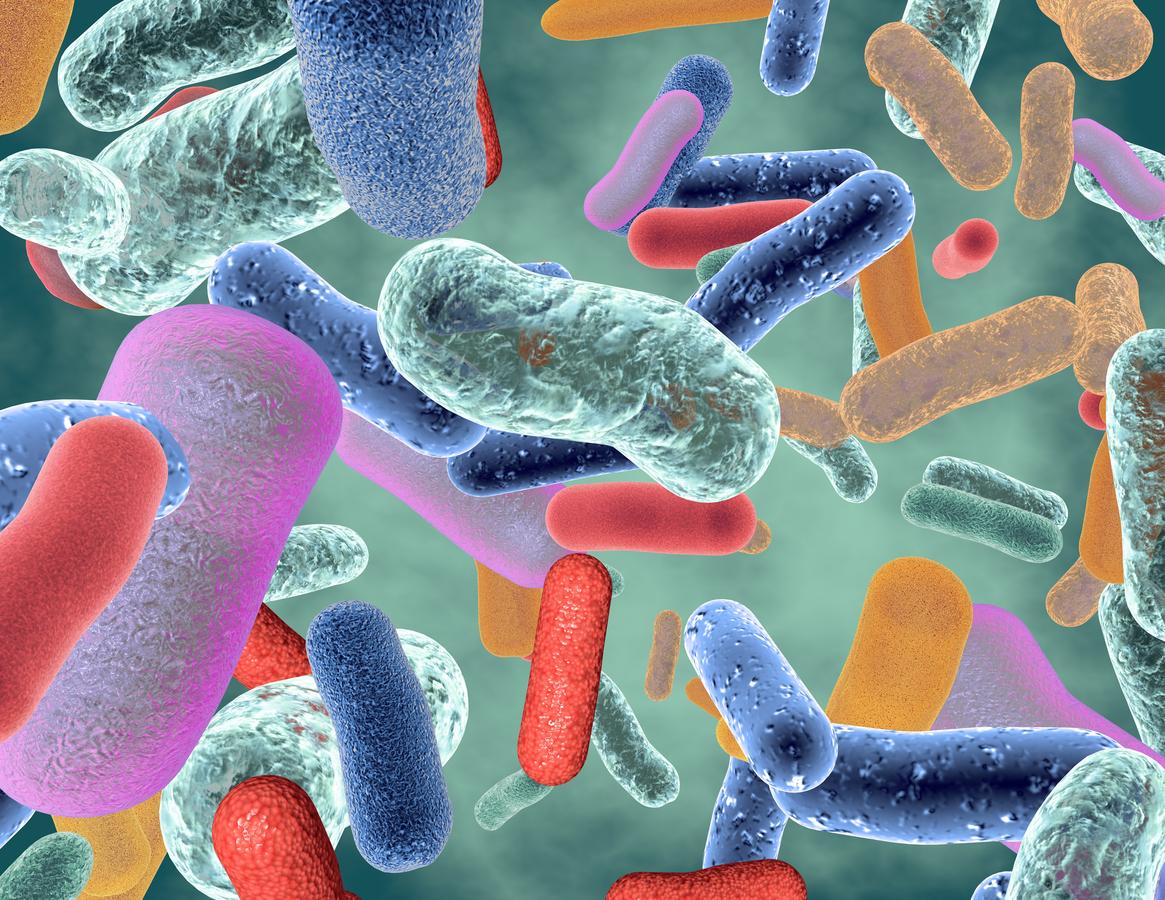Researchers have highlighted the role of the intestinal microbiota in regulating our response to stress associated with our circadian rhythms.

- A new study reveals that the gut microbiota influences our response to stress linked to circadian rhythms.
- The bacterium Limosilactobacillus reuteri, identified as a regulator of stress hormones, helps adapt this response depending on the time of day.
- These results open up perspectives for “psychobiotic” treatments aimed at improving mental health by acting on the gut-brain axis.
“A turning point in understanding the role of the microbiota in mental health.” A new study, published in Cell Metabolismreveals that our microbiota, this collection of billions of bacteria living in our intestines, plays a crucial role in regulating our response to stress, in close connection with our circadian rhythms. These findings pave the way for microbial therapies to alleviate mental health disorders like anxiety and depression, often associated with disruptions in sleep and circadian cycles.
Microbiota depletion disrupts stress reactivity
Researchers from University College Cork and APC Microbiome in Ireland have shed light on the interaction between the microbiota and the hypothalamic-pituitary-adrenal (HPA) axis, the stress response center of the human body. According to them, the depletion of this microbiota leads to hyperactivation of this axis depending on the time of day, which disrupts the stress response according to the circadian rhythm.
Another central element of the study is the identification of specific intestinal bacteria, such as Limosilactobacillus reuteri, which influences the secretion of glucocorticoids, hormones linked to stress. This bacteria appears to play a key role in synchronizing stress responses, adapting to day-night cycles. In other words, certain bacteria may have the potential to improve stress management by influencing the gut-brain axis.

Towards new psychobiotic interventions
“More than just a digestive regulator”the intestinal microbiota therefore also affects our reaction to stress. Researchers believe that by targeting specific bacteria, it would be possible to develop treatments “psychobiotics” to alleviate the effects of stress and better regulate our nervous system. By clarifying the mechanisms by which these bacteria influence stress management, the study even opens avenues for targeted therapies.
More broadly, this study marks a turning point in understanding the role of the microbiome on our mental health, according to the researchers. “With modern lifestyles increasingly disrupting circadian rhythms through irregular sleep patterns, high stress and poor diet, it is crucial to maintain a healthy gut microbiota”they recall in a press release.

















